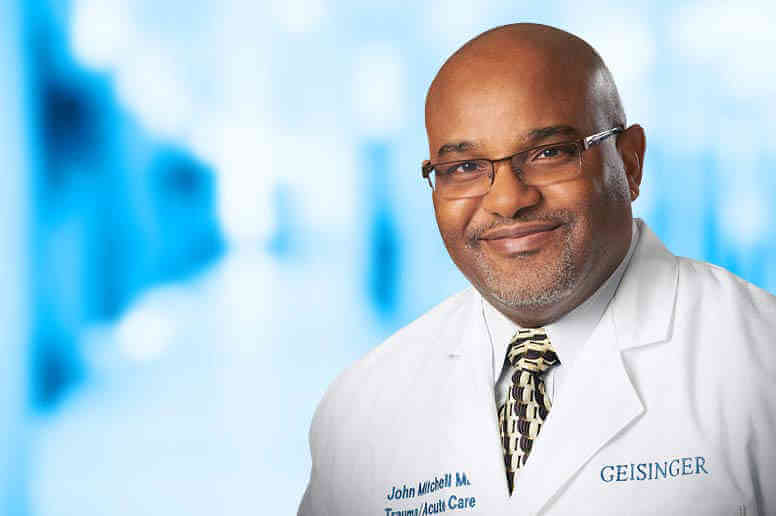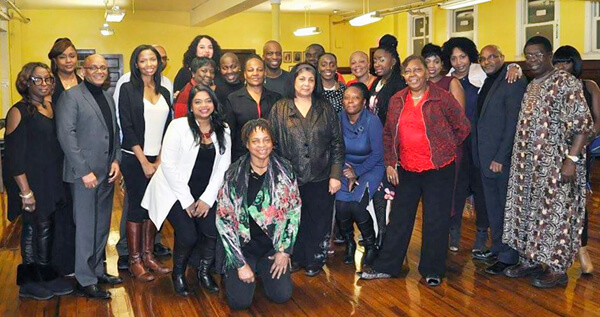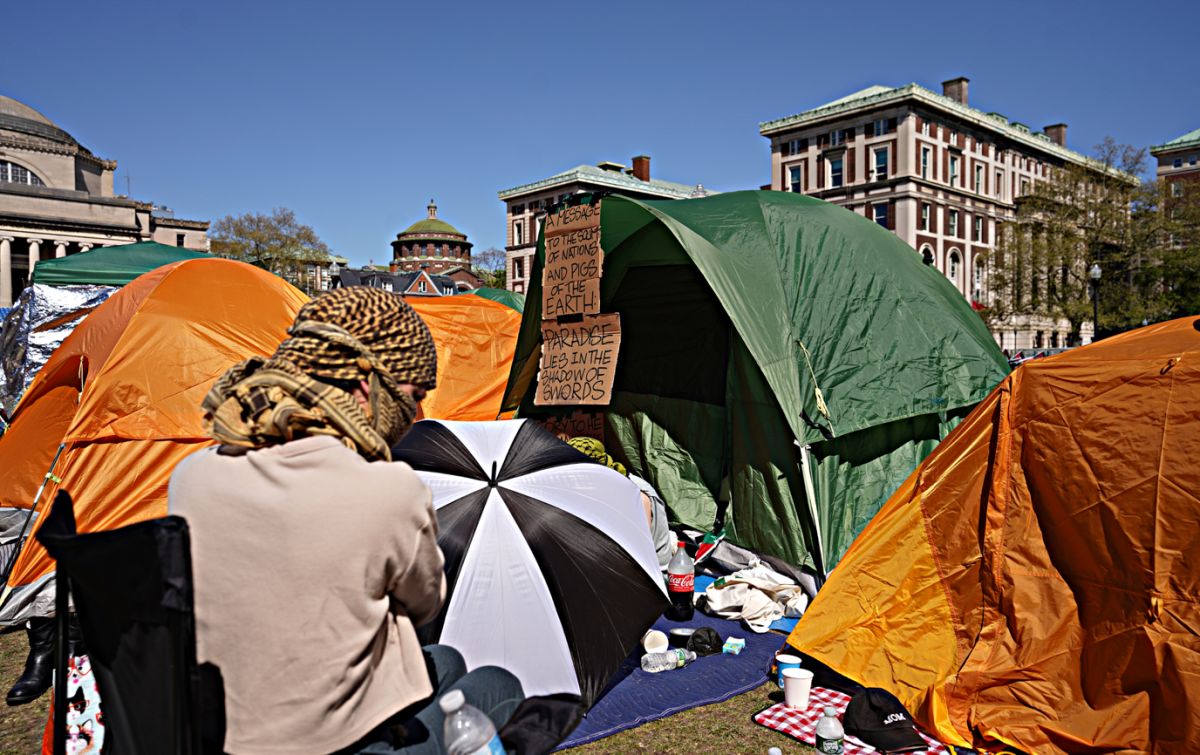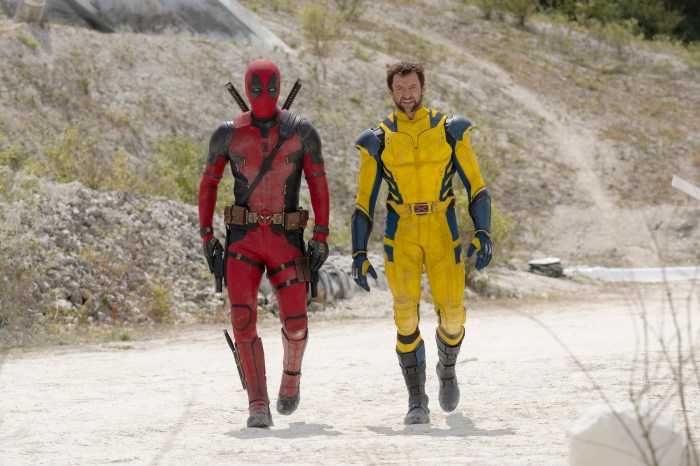A team of good Samaritans who toil as medical professionals here spent a week trip in Grenada where they provided implant access valves at no cost to dialysis patients at the General Hospital in the capital city of St. George’s.
Representing HERO — Health and Educational Relief Organization, “a charitable health care organization dedicated to improving quality of life through relentless service and assistance” — specialists in renal failure, end stage renal disease, diabetes and high blood pressure paid their first visit there to provide free service to patients on the island.
“It is the best thing that could happen to Grenada!,” Ann Ogiste-Hopkin said. “I have been trying for years to get this to happen.”
According to a press release, Ogiste-Hopkin and Barbara Brathwaite were two retirees and health advocates in Grenada who spearheaded the mission.
Ogiste-Hopkin is a retired registered nurse, medical instructor and president of South St. George’s Welfare Association (SSGWA).
Brathwaite, after retirement and seeing the need in Grenada, created, what she calls, “a dialysis patients’ support group;” through which she advocates on behalf of patients navigating the medical system in the tri-island state of Grenada, Carriacou and Petite Martinique.
Enabled through a collaborative effort by the Ministry of Health in Grenada, advocates to help Grenadians and HERO, patients “losing functionality of their kidneys” will be greatly relieved by this generous procedure.
John E. Mitchell, a Guyana-born doctor and trauma and critical care surgeon led the mission.
“Far too often many do not ask the question, ‘how can I help someone else?’ John E. Mitchell explained.
“HERO has been answering that question for the past 18 years. It is through giving back to those less fortunate that we have chosen to help others, by providing health care services to many who otherwise would not receive such intervention.”
He is also president of a group named For Grenada.
Normally, the kidneys filter the blood and remove waste and excess salt and water from the body. When that process becomes a chronic impediment hemodialysis, peritoneal dialysis or a kidney transplant becomes necessary.
Hemodialysis requires a machine to filter the blood outside the body.
In peritoneal dialysis, specific fluid is placed into the abdominal cavity and then drained.
That procedure requires repeated processing multiple times per day.
Others on the team included Dr. Erica Mitchell, vascular surgeon, and an operating room nurse.
Dr. George Mitchell, Grenada’s chief medical officer, and Dr. Kester Dragon, medical director at the St. George’s General Hospital oversaw the proceedings with the support of Anoris Martin Charles, director of Nursing Services.
Operation took place from Aug. 2 to Aug. 5.
“Many have promised. Few have delivered. I spoke to Dr. Mitchell and he assured me that he is able to put a team together. He did not just talk the talk.” Ogiste-Hopkin continued. “Dr. Mitchell said that he and his team are willing to come to Grenada now to assist, and on future medical missions.”
HERO visits Guyana twice a year. In addition to providing free medical care and treatment they have also bolstered their effort with educational services.
“It took a long time to get here,” Ogiste-Hopkin added. “I am looking forward to working with Dr. Mitchell on this and future missions.”
























